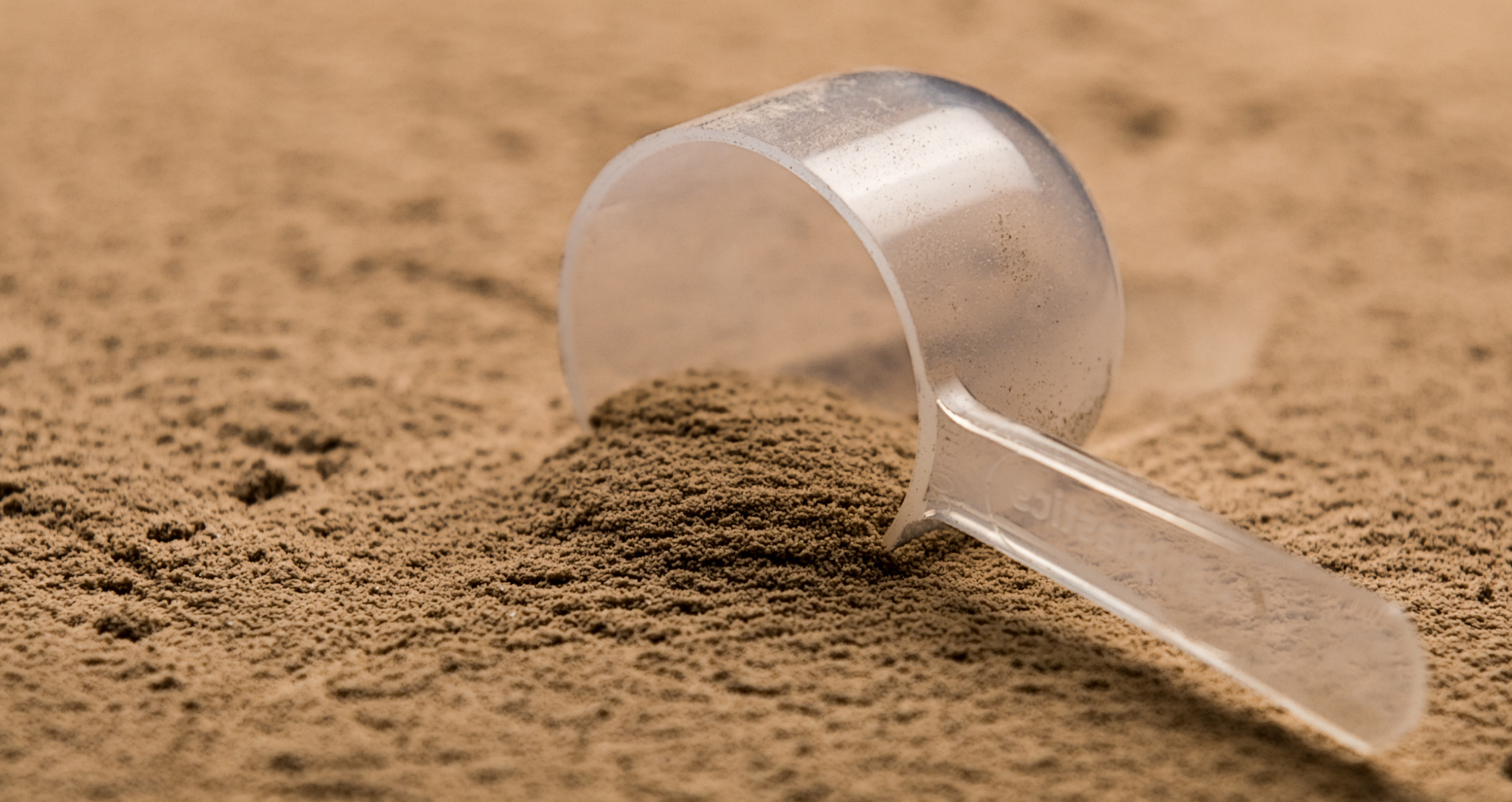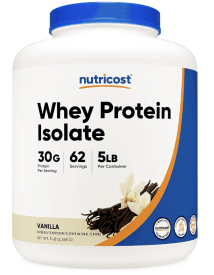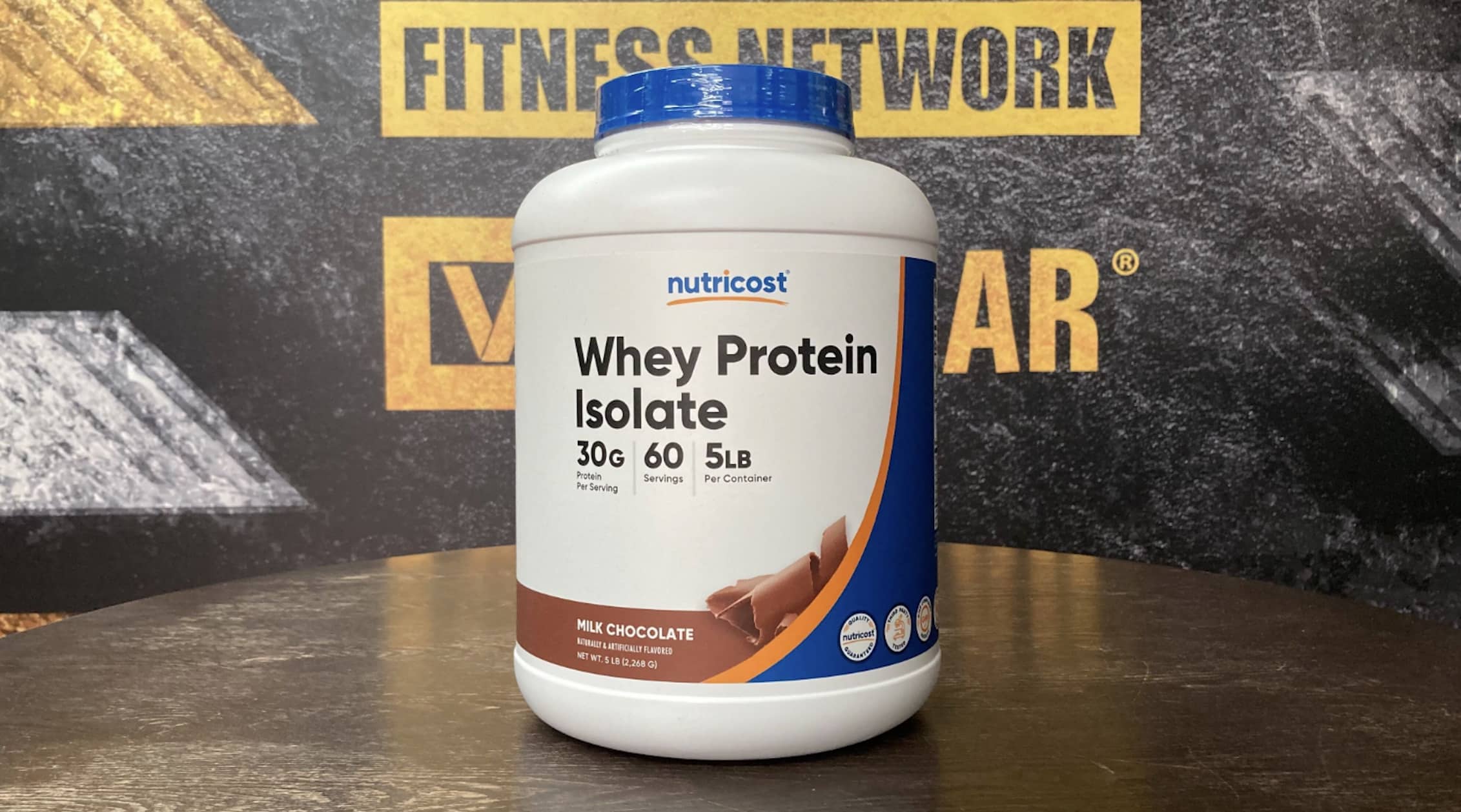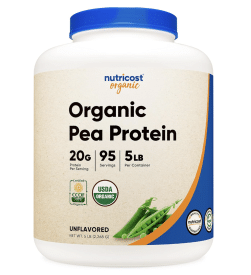Making sure you are getting the most out of your protein intake
So gym legend has it that you need to be consuming anywhere between 1.5-2.5 grams of protein per pound of bodyweight in order to build lean muscle mass. By those calculations, that means if you are someone who weighs 180lbs, you need to be consuming anywhere between 270 grams – 450 grams of the macro per day to build muscle mass, which is a lot of protein for one person. It also can get very expensive between protein powders, whole foods, and meal replacements, just trying to hit your macros!
Where did this figure come from, is this scientifically proven? Or just pure bro science? Let’s dive in and discuss if this legend is actually true of if it is just pure gym floor folklore.
The Role of Protein and Amino Acids
Firstly, let’s take a step back and look at the macro, why is it so crucial in building muscle?
Protein is one of the three macronutrients that we need, with the other two being fats and carbohydrates. Protein makes up 15% of a person’s body weight, and from a caloric perspective 1 gram of this macro equates to 4 calories. When we eat a meal with protein, this provides the body with amino acids, and essential amino acids must be obtained through your diet (protein).
The macro is then broken down into amino acids which then helps with repair, recovery and regulating immune function. There is an old saying that says that, ‘amino acids are the building blocks of life’, and technically this is true. As amino acids are made from carbon, nitrogen, hydrogen oxygen or sulfur.
Amino acids help repair and maintain muscle tissue, and this is especially crucial for any gym goer who is trying to build muscle, as the right meal replacement will enable you to recover from workouts.
 Does it Increase Muscle Mass?
Does it Increase Muscle Mass?
The simple answer to this question is yes, and there is plenty of evidence supporting the fact that this macro does increase muscle mass, one study’s results found that, ‘For untrained individuals, consuming supplemental protein likely has no impact on lean mass and muscle strength during the initial weeks of resistance training.
However, as the duration, frequency, and volume of resistance training increase, protein supplementation may promote muscle hypertrophy and enhance gains in muscle strength in both untrained and trained individuals. Evidence also suggests that protein supplementation may accelerate gains in both aerobic and anaerobic power.’
Do I Reduce My Intake if I Want to Lose Body Fat?
Answer here is a resounding no, as one study conducted a review of dietary protein during caloric restriction in resistance trained lean athletes, when trying to reduce body fat. And there was ‘evidence that protein needs increase when athletes restrict calories or have low body fat’.
The study concluded that the body fat percentage decreased for all the study groups, it also made a case for higher protein as the ‘protein needs for energy-restricted resistance-trained athletes are likely 2.3-3.1g’ (per kg of body weight) / 1 – 1.4g per lb of bodyweight.
It is worth remembering that it reduces levels of the hunger hormone ghrelin, while it boosts appetite-reducing hormones, which leads to an automatic reduction in calorie intake.
So we know that it does indeed increase muscle mass, and if on a calorie restrictive diet more protein is more beneficial, but what is the figure you need if you just want to add muscle?
The Recommended Daily Allowance (RDA) for protein is listed at 0.8 grams per kg of bodyweight.
According to the American College of Sports Medicine (ACSM), ‘to increase muscle mass in combination with physical activity it is recommended that a person that lifts weights regularly, eat a range of 1.2-1.7 grams of protein per kilogram of bodyweight per day, or 0.5-0.8 grams per pound of bodyweight.’
As 1 gram of protein equates to 4 calories, you would also be increasing your calories from protein four fold in order to gain muscle mass.
The Case for More Protein
One study from 2007 found that the participants, who took part in their 11 week training program, who were taking 1.5g of whey protein per kg of body weight per day concluded that whey protein seemed to ‘promote greater strength gains and muscle morphology during RE (Resistance Exercise) training.’
Another study from 2006 showed ‘that protein supplementation’ of 1.5g per pound of body weight ‘during resistance training, independent of source, increased lean tissue mass and strength over iso-caloric placebo and resistance training.’
Another study from 2001 found that participants who were taking 1.5g of protein per pound of bodyweight per day, compared to the subjects who were taking 0.5 grams per lb of bodyweight found that, ‘males that supplemented with whey protein while resistance training demonstrated greater improvement in knee extension peak torque and lean tissue mass than males engaged in training alone’.
 The Case for Less Protein:
The Case for Less Protein:
One study from 1992 increased participants’ protein from ‘1.35 to 2.62g / kg (0.64 to 1.10g per lb), but did not enhance muscle mass/strength gains, at least during the 1st mo of training. Whether differential gains would occur with longer training remains to be determined.’
A 2006 study concluded that ‘the results of this study do not provide any support for protein intakes greater than recommended levels in collegiate strength/power athletes for body composition improvements, or alterations in resting hormonal concentrations’,
It goes onto state that ‘although elevated protein content did not produce significantly greater strength improvements, results suggest that further study is warranted on the effect of high (> 2.0 g·kg / 0,=.9g per lb) protein intake on strength and lean tissue accruement’.
The Best Whey and Vegan Proteins to Hit Your Intake
We wouldn’t leave you in the dark trying to find a supplement to help hit your protein intake. Instead, we have hand-picked the best whey and vegan options to help hit your macros.
Nutricost Whey Protein Isolate
Looking for a cheap whey protein Isolate? Check out Nutricost Whey Protein Isolate! A quality protein supplement at half the cost of other leading brands.
The Nutricost Whey Protein Isolate comes in a well-designed, sturdy packaging. Available in different size options, such as 2lb or 5lb containers, it is packed with 30 grams of protein per serving and caters to the needs of both casual users and those with more specific dietary requirements. The transparent labeling provides clear information about the product, making it easy for consumers to understand what they are getting.
With the price falling between $32.96 for 25 servings, or $62.96 for 62 servings, you cannot go wrong with Nutricost Whey Protein Isolate.
Check out the full review here.
Nutricost Organic Pea Protein
Pea protein is a great option for those who do not want animal based products and prefer a vegan diet. That being said, Nutricost Pea Protein is a great option!
Nutricost Pea Protein Isolate is a premium pea protein powder that is specifically formulated to provide athletes, fitness enthusiasts, and individuals with a plant-based protein option. That being said, it is made from organic pea protein powder, making it a suitable choice for vegans and vegetarians, or people looking for something a bit easier on the stomach. With its high protein content, Nutricost Pea Protein Isolate is an excellent addition to any sports nutrition regimen.
Check out the full review for this pea protein right here.
So, How Much do you Need?
All in all, there seems to be a plethora of team more protein versus team less protein. There truly is no definite answer that can be applied to every single person and have it work the same. The main takeaway here is that go with the science but when the science contradicts itself, go with trial and error and see what works best for you. However, if you average it out, the average intake should be between 0.8 and 1.0 grams per lb of bodyweight.
How much protein do you consume in a day?
Follow us on Instagram, Facebook, and Twitter for more!
References:
https://pubmed.ncbi.nlm.nih.gov/22150425/
https://www.ncbi.nlm.nih.gov/pmc/articles/PMC6710320/
https://medlineplus.gov/ency/article/002467.htm
https://pubmed.ncbi.nlm.nih.gov/22958314/
https://pubmed.ncbi.nlm.nih.gov/25169440/
http://europepmc.org/article/MED/19927027
https://jissn.biomedcentral.com/articles/10.1186/1550-2783-11-20
https://pubmed.ncbi.nlm.nih.gov/24092765/
https://pubmed.ncbi.nlm.nih.gov/19301095/
https://pubmed.ncbi.nlm.nih.gov/26817506/
https://pubmed.ncbi.nlm.nih.gov/26778925/
https://pubmed.ncbi.nlm.nih.gov/17277594/
https://vuir.vu.edu.au/1447/1/CurrOp2008_%284%29.pdf
https://pubmed.ncbi.nlm.nih.gov/11591884/
https://pubmed.ncbi.nlm.nih.gov/20798660/
https://pubmed.ncbi.nlm.nih.gov/22958314/
https://pubmed.ncbi.nlm.nih.gov/26778925/

 Does it Increase Muscle Mass?
Does it Increase Muscle Mass? The Case for Less Protein:
The Case for Less Protein:









